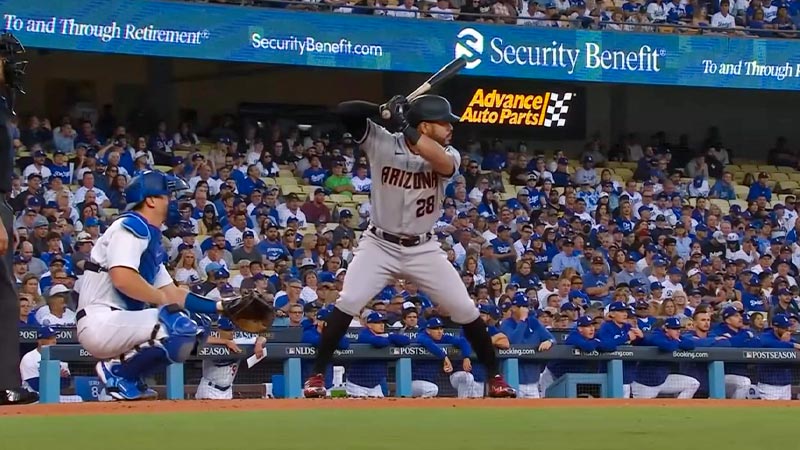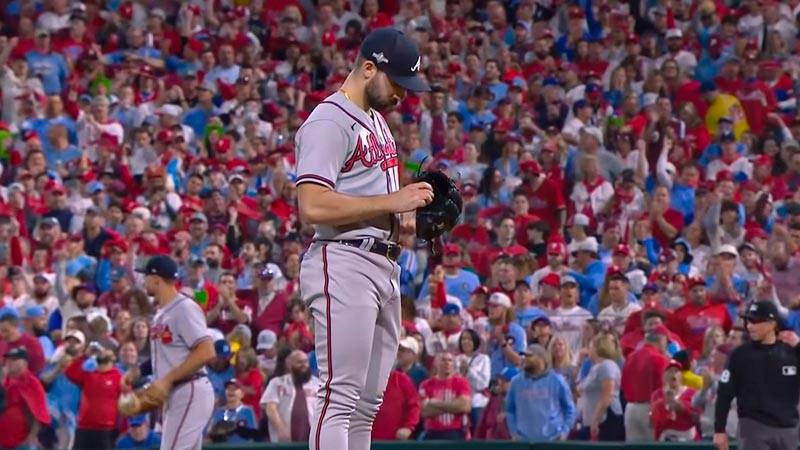In the annals of Major League Baseball, one of the most perplexing enigmas lies in the realm of run support.
How is it that some of the most talented pitchers in the game’s history have been denied the victories they rightfully deserved, all because their teams couldn’t muster enough runs?
Welcome to the intriguing world of the worst run support in MLB history. From Hall of Famers to modern-day aces, this phenomenon has affected them all, transcending eras and leaving a lasting mark on baseball lore.
In this deep dive, we will uncover the compelling stories of legendary pitchers who, despite their brilliance, battled the odds stacked against them.
We’ll examine the consequences, statistics, and factors that contributed to their struggles, shedding light on the intricate relationship between pitching prowess and the elusive run support.
What Is MLB Run Support Baseball?
MLB run support, in the context of baseball, refers to the number of runs that a team’s offense provides for its pitchers during a particular game or over a season.
It is a crucial statistic in evaluating a pitcher’s performance and determining their win-loss record.
Here’s how MLB run support works:
Calculating Run Support
To calculate run support for a specific game, you simply count the number of runs scored by a pitcher’s team while they are in the game.
If a pitcher leaves the game, and their team scores more runs afterward, those runs are not counted as part of their run support for that particular game.
Importance
Run support is vital because it directly impacts a pitcher’s chances of winning a game. Generally, a pitcher is more likely to win when their team scores more runs.
Conversely, if a pitcher receives little to no run support, it becomes significantly harder for them to secure a win, even if they perform well on the mound.
Evaluation
A pitcher’s win-loss record is often used to evaluate their effectiveness. A high win total with low run support can indicate exceptional performance, as the pitcher is finding ways to win despite the offensive challenges.
Conversely, a low win total with ample run support may suggest that the pitcher is struggling or not living up to expectations.
Statistics
Run support is often represented as the average number of runs provided by a team in games started by a specific pitcher. It’s a useful metric for comparing how well different pitchers are supported by their respective teams.
MLB run support measures the offensive help that a team provides to its pitchers.
It plays a significant role in evaluating a pitcher’s performance and win-loss record, showcasing the interplay between pitching and hitting in the sport of baseball.
What Is the Worst Run Support in Mlb History
Determining the single “worst” run support in MLB history can be challenging due to the many factors at play, such as the era, team performance, and individual pitcher performance.
However, one notable historical case often cited as among the worst is that of Hall of Fame pitcher Grover Cleveland Alexander.
Alexander, a legendary pitcher who played in the early 20th century, is renowned for his remarkable talent on the mound.
However, in 1916 while he was with the Philadelphia Phillies, he experienced a severe lack of run support. Despite his incredible pitching performances,
Alexander received limited offensive help from his team, resulting in an astonishingly low number of wins. He recorded an ERA of 1.55 that season, but his win-loss record was just 33-12 due to the poor run support he received.
While Alexander’s case is one of the most famous examples of poor run support in MLB history, it’s essential to recognize that many other pitchers have faced similar challenges throughout the game’s long history.
Worst Run Support in MLB 2023
In the 2023 MLB season, the Toronto Blue Jays have notably struggled to provide run support to their Cy Young-contending pitcher, Kevin Gausman.
This lack of offensive backing has been frustrating to witness, with Gausman emphasizing the need for greater urgency from both himself and his team. However, the problems extended beyond run support.
In a recent game against the Baltimore Orioles, Gausman also faced a dearth of fielding support, as his teammates committed three costly errors.
These challenges have collectively marked one of the worst instances of run support in the 2023 MLB season, leaving fans and Gausman himself disheartened.
Factors Influencing the Run Support in MLB
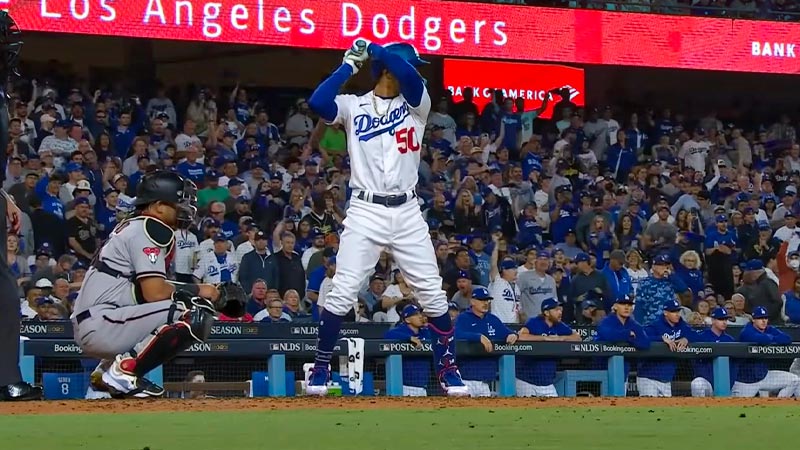
Several factors influence the amount of run support a pitcher receives in Major League Baseball (MLB). Understanding these factors is essential for evaluating a pitcher’s performance and win-loss record. Here are some of the key factors:
Team Offense
The most significant factor in run support is the overall offensive performance of a pitcher’s team. Teams with strong lineups that consistently score runs are more likely to provide their pitchers with better run support.
Conversely, teams with weak offenses may struggle to score runs, impacting their pitchers’ win-loss records.
Opposing Pitchers
The quality of the opposing pitcher can influence run support.
Facing a dominant pitcher can make it more challenging for a team to score runs while going up against a struggling pitcher can lead to increased run support for the opposing team.
Game Situations
Run support can vary depending on the specific game situation.
For example, a team may provide more run support in a blowout game where they have a substantial lead, while they might struggle to score in a close, low-scoring contest.
Ballpark Factors
The dimensions and characteristics of the ballpark where a game is played can affect run support.
Ballparks with smaller dimensions or favorable hitting conditions may lead to more runs being scored, benefiting the pitcher’s win-loss record.
Pitcher Performance
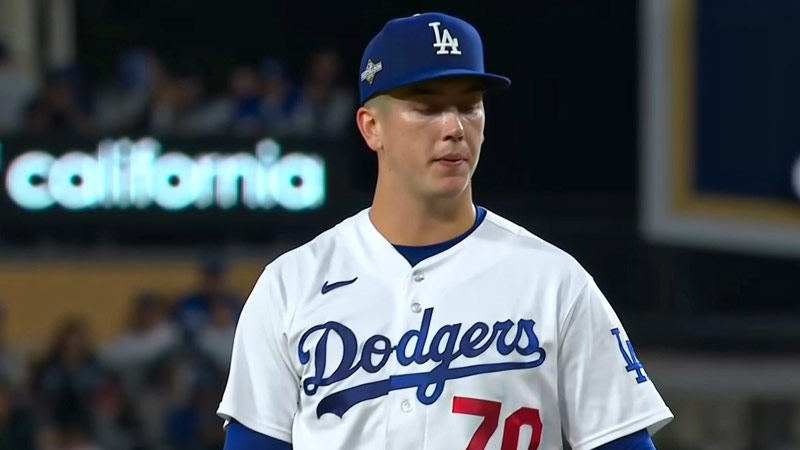
A pitcher’s own performance on the mound can influence run support. Exceptional pitching performances may encourage the team to rally and score more runs, while poor outings can have the opposite effect.
Bullpen Reliability
The quality and reliability of a team’s bullpen can impact run support. If a bullpen consistently blows leads, it may discourage the team’s offense, leading to lower run support for the starting pitcher.
Team Momentum
Team morale and momentum can influence run support. A team on a winning streak may have a more confident and motivated offense, resulting in increased run support for its pitchers.
Injuries and Roster Changes
Injuries to key hitters or significant changes in the team’s lineup can affect run support. A depleted or reconfigured lineup may struggle to produce runs, impacting the pitcher’s win-loss record.
Luck and Timing
Sometimes, run support is influenced by luck and timing. A pitcher may receive excellent run support in one game but minimal support in another due to factors beyond their control.
Pitching Style
The pitching style of the starting pitcher can also play a role. Groundball pitchers may benefit from strong infield defense, while strikeout pitchers may have less reliance on defensive plays.
It’s important to consider these factors when evaluating a pitcher’s win-loss record and overall performance in MLB.
While run support is significant, it should be analyzed alongside other statistics and contextual information to provide a comprehensive assessment of a pitcher’s abilities.
Pitchers with Worst Run Support
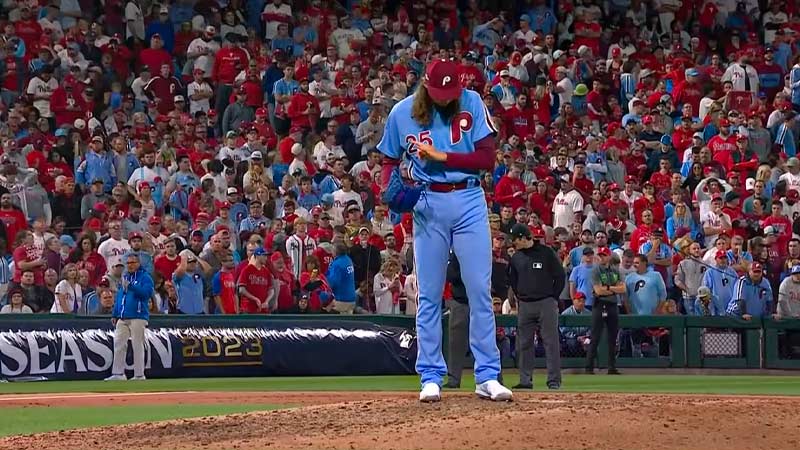
There have been many MLB pitchers with the lowest run support throughout their careers. While it’s difficult to definitively rank them, here are a few notable pitchers known for receiving minimal run support:
Félix Hernández
“King” Félix Hernandez spent the majority of his career with the Seattle Mariners, a team that struggled to provide him with run support.
Despite his exceptional individual performances, he often had a subpar win-loss record due to a lack of offensive help.
Steve Carlton
Hall of Famer Steve Carlton, who had a storied career with the Philadelphia Phillies, also experienced subpar run support during his time with the team. His outstanding pitching abilities often went unrewarded in terms of wins.
Zack Greinke
Zack Greinke, who has played for several teams in his career, has faced stretches of poor run support despite his consistently strong pitching performances.
Félix Doubront
Félix Doubront, while not as high-profile as some others on this list, had a notable lack of run support during his time with the Boston Red Sox. He often pitched well but struggled to secure wins.
Clayton Kershaw
Even future Hall of Famer Clayton Kershaw has faced issues with run support in certain seasons with the Los Angeles Dodgers.
While he’s had many successful years, there have been times when his offensive support was lacking.
Greg Maddux
The legendary Greg Maddux, while known for his incredible control and pitching acumen, didn’t always receive the run support he deserved during his time with the Chicago Cubs.
Mike Mussina
Mike Mussina, known for his consistency and durability, faced challenges with run support in various seasons during his career with the Baltimore Orioles and New York Yankees.
It’s essential to note that run support can vary from season to season and is influenced by many factors beyond the pitcher’s control, including the quality of the team’s offense, the timing of games, and various situational factors.
These pitchers, despite their struggles with run support, are often remembered for their remarkable individual achievements and contributions to the game of baseball.
Consequences and Records of MLB World Run Support
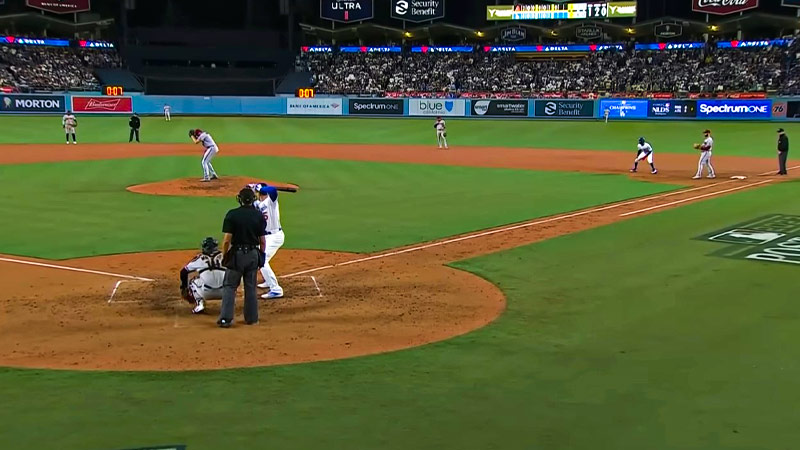
It appears there is a typo in your question; “MLB World Run Support” doesn’t seem to be a standard term.
However, if you meant to inquire about the consequences and records related to MLB run support, I can provide some information on that topic.
Win-Loss Records
The most immediate consequence of run support is a pitcher’s win-loss record. When a pitcher receives ample run support, they are more likely to secure wins.
Conversely, limited run support can result in losses, even when a pitcher performs well.
Pitcher’s Confidence
Run support can impact a pitcher’s confidence. When a pitcher consistently receives strong offensive backing, they may feel more at ease on the mound.
Conversely, a lack of run support can lead to added pressure and frustration.
Awards and Recognition
A pitcher’s win-loss record is often considered when awards and recognition are handed out.
Strong run support can bolster a pitcher’s chances of winning awards like the Cy Young, while limited run support can hinder their candidacy.
Team Morale
Run support can also affect the morale of the entire team. When pitchers consistently receive strong run support, it can boost team morale and cohesion.
Run support in MLB has significant consequences on a pitcher’s performance, confidence, and win-loss records.
While there aren’t official “records” associated with run support, certain historical instances and statistics highlight the impact it can have on individual pitchers and teams.
FAQs
What is the lowest run support for starting pitchers?
The lowest run support for starting pitchers in MLB history was an average of 1.83 runs per game, achieved by the 1915 Philadelphia Athletics.
How was Nolan Ryan’s run support?
Nolan Ryan, despite being one of the most dominant pitchers, often had limited run support during his career. He frequently received fewer runs from his team, making it challenging to secure wins.
What is run support in MLB?
Run support in MLB refers to the number of runs a team scores while a specific starting pitcher is on the mound. It is a key statistic used to evaluate how well a pitcher is supported by their team’s offense during games.
Who holds the record for the worst run support in a single MLB season?
Babe Ruth holds the record for the worst run support in a single MLB season. In 1916, he received an average of just 1.40 runs per game while pitching for the Boston Red Sox.
How does low run support affect a starting pitcher’s performance?
Low run support can significantly impact a starting pitcher’s performance, as it increases the pressure to pitch exceptionally well. It can lead to more losses and a lower win-loss record, despite the pitcher’s individual performance.
Wrapping Up
The history of the worst run support in MLB is a testament to the complexity of baseball. From Grover Cleveland Alexander to Félix Hernández, it’s a saga of talent, determination, and the cruel caprice of runs.
While these pitchers might not boast gaudy win totals, their legacies endure as a tribute to their undeniable skill and resilience in the face of adversity.
As we wrap up our journey through the annals of baseball, one thing becomes abundantly clear – run support isn’t just about numbers.
It’s about the unwavering spirit of the pitchers who defied the odds and the enduring fascination of the fans who, season after season, witness the game’s most tantalizing mystery.
While run support remains unpredictable, it’s the unquenchable love for the sport that keeps us coming back to the diamond, yearning to witness the extraordinary and celebrate the resilience of those who endured the worst run support in MLB history.

